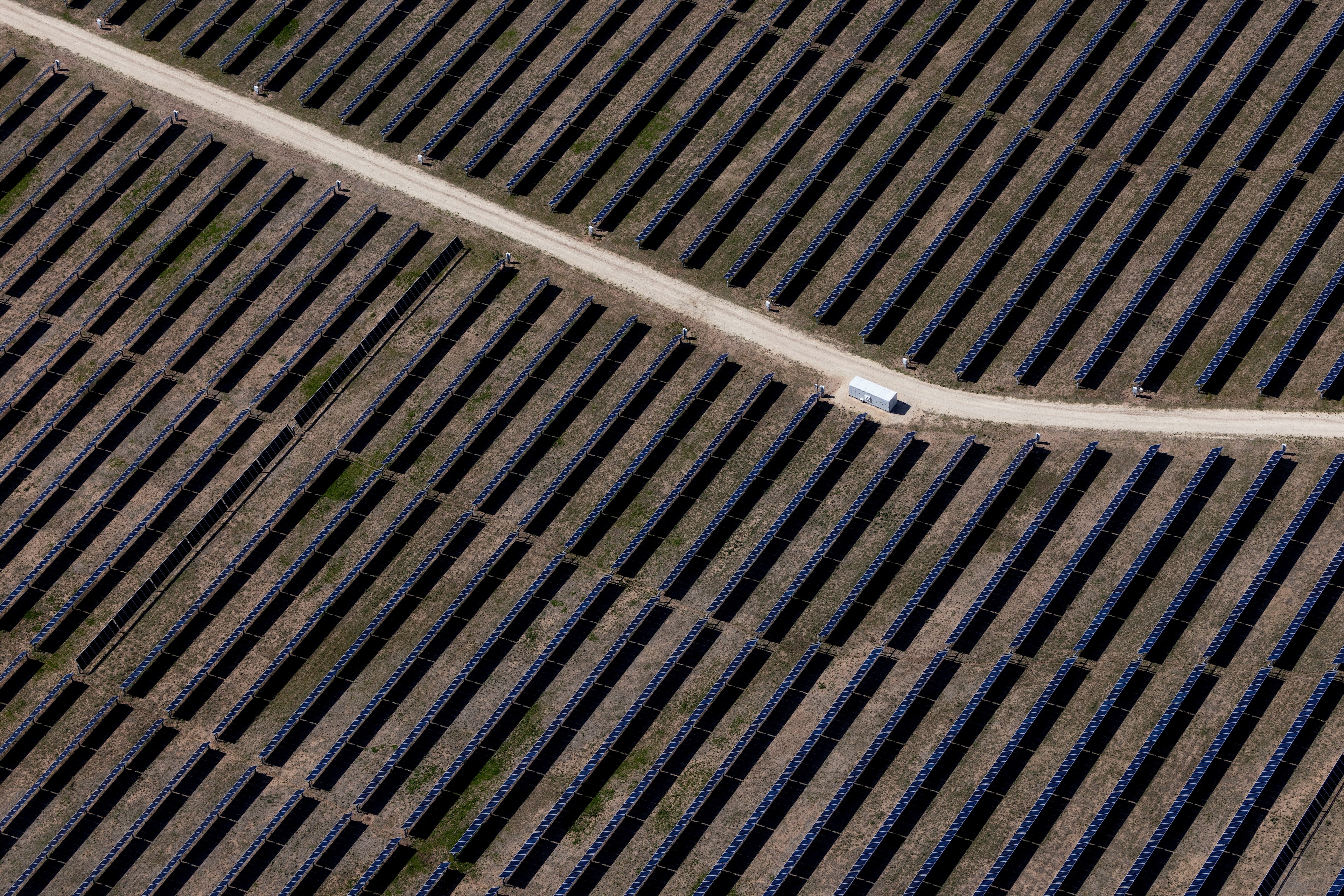Tasmania has created a road made from recycled waste
The future of roads?
Image: Kingborough Council
Stay up to date:
Future of the Environment
A local government in Tasmania found a clever way to recycle single-use plastics and other landfill-bound waste by building a new road.
The 500-meter (1,640-foot) stretch outside the city of Hobart is made of approximately 173,600 plastic bags and packaging, as well as 82,500 glass bottle equivalents diverted from landfill, the Kingborough council announced Tuesday.
Toner from approximately 5,900 used printer cartridges and more than 33 tonnes of recycled asphalt were also repurposed to create the 330 tonnes of asphalt used to construct the road along Charlton Street in the town of Snug, the council added.
It's the first road of its kind in the Australian state.
Accept our marketing cookies to access this content.
These cookies are currently disabled in your browser.
The council built the road in order to reduce its environmental footprint, Kingborough Councillor Richard Atkinson told Australia's ABC News reported.
"If you work out how much single-use plastic is in this 500 meters of road, it's about equivalent of two years of single use plastic collected from Kingborough," he explained to the publication. "If it's successful we'll continue to use it for all the rest of our roads."
Although the product is more expensive, Atkinson said it would be cheaper for council in the long run. The road is estimated to last 15 percent longer than a regular asphalt road, according to ABC News.
"Council is thrilled to be leading the way in diverting products from landfill and using them in a sustainable and innovative way," Kingborough mayor Dean Winter in said Wednesday's announcement.
The council partnered with road construction company Downer, resource recovery and recycling companies Close the Loop and RED Group to build the road.
"Together with Kingborough Council and our partners, we have proven that with thought leadership and the tenacity to make a positive difference, we have set a new benchmark in the State when it comes to sustainability by creating new avenues to recycle and repurpose waste materials into new streams of use. It's all about pulling products, not pushing waste," Downer's general manager of pavements, Stuart Billing added in the announcement.
The concept of plastic roads is not new. In a fishing town on the southwest tip of India, a recycling plant collects discarded fishing nets and shreds them into material that's used to strengthen asphalt.
Accept our marketing cookies to access this content.
These cookies are currently disabled in your browser.
Don't miss any update on this topic
Create a free account and access your personalized content collection with our latest publications and analyses.
License and Republishing
World Economic Forum articles may be republished in accordance with the Creative Commons Attribution-NonCommercial-NoDerivatives 4.0 International Public License, and in accordance with our Terms of Use.
The views expressed in this article are those of the author alone and not the World Economic Forum.
Forum Stories newsletter
Bringing you weekly curated insights and analysis on the global issues that matter.
More on Nature and BiodiversitySee all
Arunabha Ghosh and Jane Nelson
July 22, 2025
Sebastian Buckup and Beth Bovis
July 10, 2025
Tom Crowfoot
July 8, 2025





